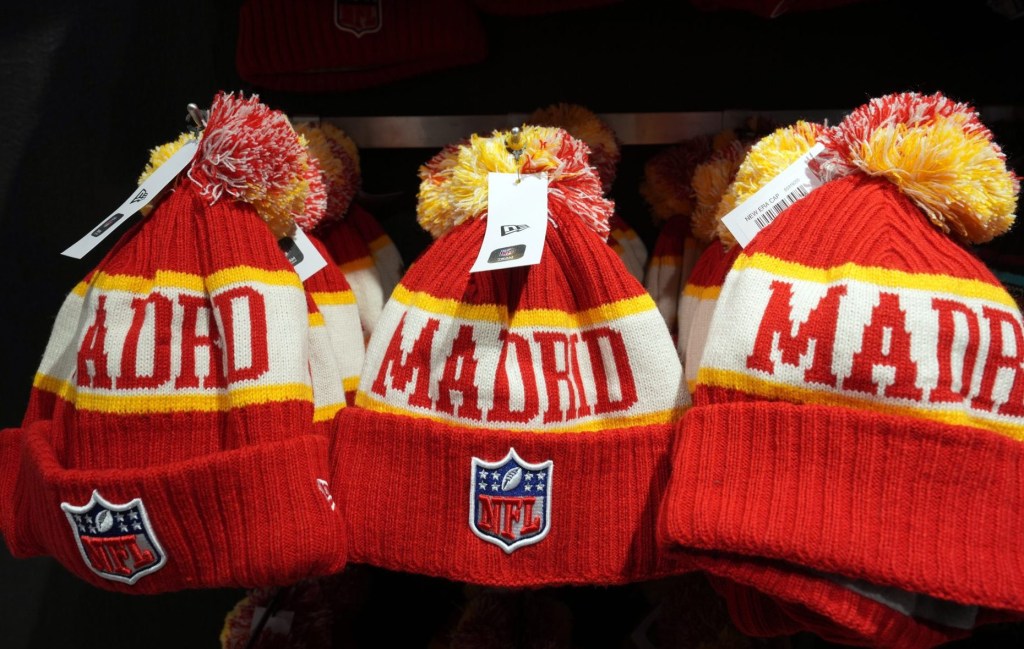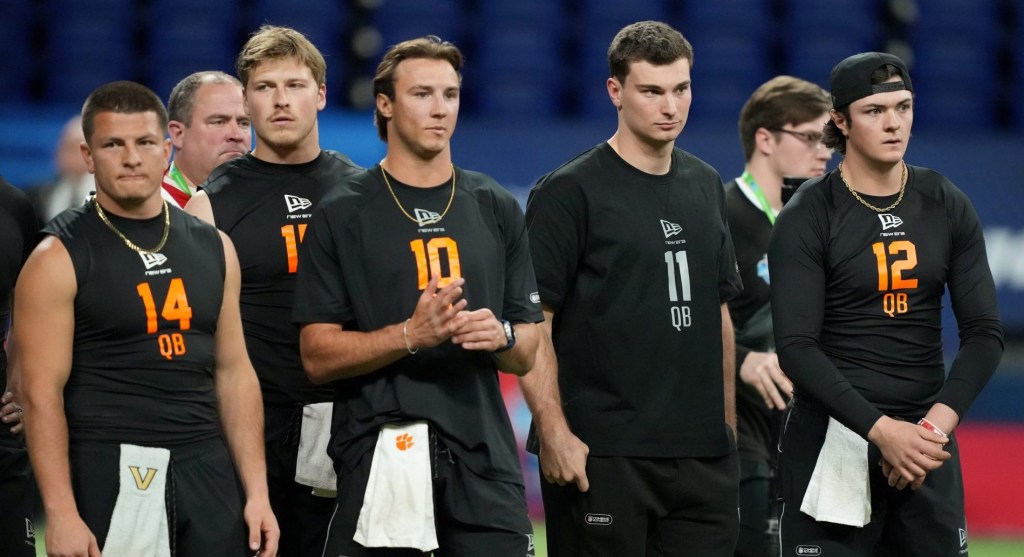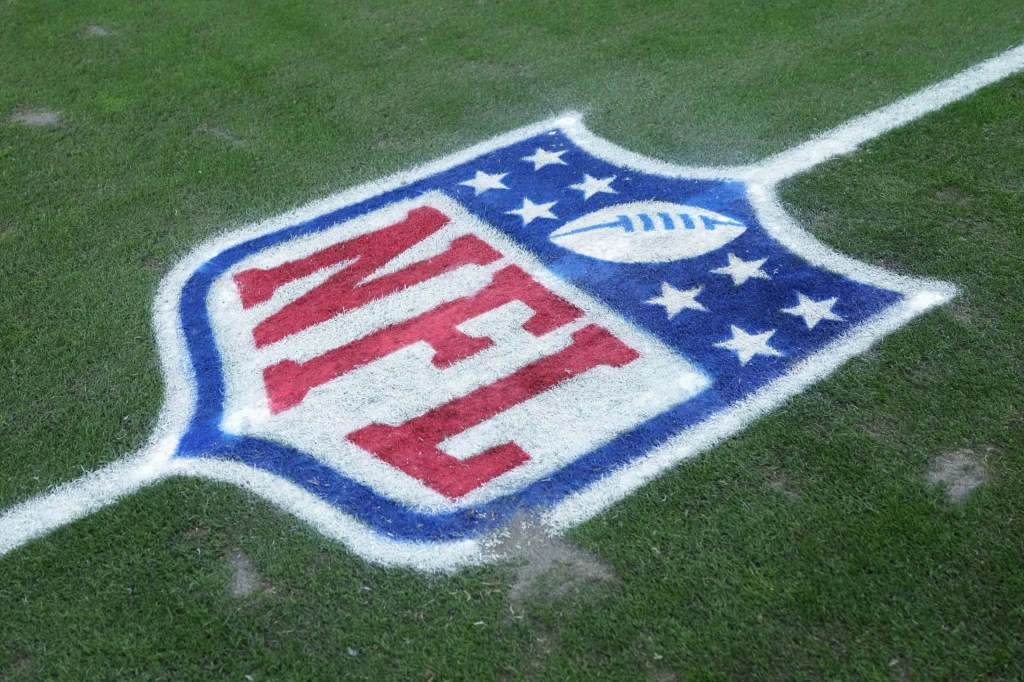One of the most significant divorces in sports media is now becoming a reality as MLB and ESPN have “mutually agreed” to opt out of their rights deal three years early, marking a stunning degradation of a relationship dating to 1990.
The current seven-year rights pact, paying the league $550 million per year, was set to run through 2028, but will now expire after the upcoming season after the two sides were unable to come to terms on a revised relationship. The mutual opt-out had been a source of growing tension for months.
ESPN had long objected to its fee, particularly in light of separate MLB rights deals with Apple and Roku that are worth $85 million and $10 million, respectively, per year. Recent talks between the two sides did not produce any sort of revised agreement, and the pact is now set to expire after the 2025 season. ESPN will still broadcast MLB events such as Sunday Night Baseball, the Home Run Derby, and the wild-card round of the playoffs this season, as planned.
“Given the strength of our product, we do not believe a reduction in fees is warranted,” MLB commissioner Rob Manfred wrote in a Thursday memo to team owners, obtained by Front Office Sports and first reported by The Athletic.
Manfred continued in his memo with several specific objections regarding ESPN:
- He took aim at the network’s linear distribution, which has fallen to 53.6 million homes, roughly half the level of 2011. To that end, he said, “We do not think it’s beneficial for us to accept a smaller deal to remain on a shrinking platform.”
- He said the league has “not been pleased with the minimal coverage” MLB receives on ESPN outside of live game coverage. Even casual viewers would certainly be able to notice a difference compared to how the network approaches the NFL and NBA.
- He called the comparisons to the Apple and Roku deals “inapt,” citing the greater amount of exclusive content on ESPN, both in quality and quantity, as well as record ratings for last year’s wild-card playoffs. Manfred added that ESPN declined to supplement its rights with games ultimately sold to Apple and Roku.
“We have rejected ESPN’s aggressive effort to reduce rights fees for several reasons,” Manfred wrote.
What Happens Now
Backed in large part by rising optimism elsewhere in the sport, Manfred now intends to take these rights back to the market, and he says there is already significant interest.
“We have been in conversations with several interested parties around these rights over the past several months, and expect to have at least two potential options for consideration over the next few weeks,” Manfred said.
A reunion with ESPN remains technically possible, but would require a different approach from the Disney-owned network. In a statement, ESPN said it intends to keep the door open with MLB.
“In making this decision, we applied the same discipline and fiscal responsibility that has built ESPN’s industry-leading live events portfolio as we continue to grow our audience across linear, digital, and social platforms,” ESPN said. “As we have been throughout the process, we remain open to exploring new ways to serve MLB fans across our platforms beyond 2025.”







![[Subscription Customers Only] Jun 15, 2025; Seattle, Washington, USA; Botafogo owner John Textor inside the stadium before the match during a group stage match of the 2025 FIFA Club World Cup at Lumen Field.](https://frontofficesports.com/wp-content/uploads/2026/02/USATSI_26465842_168416386_lowres-scaled.jpg?quality=100&w=1024)
![[Subscription Customers Only] Jul 13, 2025; East Rutherford, New Jersey, USA; Chelsea FC midfielder Cole Palmer (10) celebrates winning the final of the 2025 FIFA Club World Cup at MetLife Stadium](https://frontofficesports.com/wp-content/uploads/2026/02/USATSI_26636703-scaled-e1770932227605.jpg?quality=100&w=1024)


![[US, Mexico & Canada customers only] Feb 6, 2026; Riyadh, SAUDI ARABIA; Jon Rahm in action during the third round of play at LIV Golf Riyadh at the Riyadh Golf Club.](https://frontofficesports.com/wp-content/uploads/2026/03/USATSI_28173562_168416386_lowres-scaled.jpg?quality=100&w=1024)

![[US, Mexico & Canada customers only] Sep 28, 2025; Bethpage, New York, USA; Team USA's Bryson DeChambeau reacts after hitting his approach on the 15th hole during the singles on the final day of competition for the Ryder Cup at Bethpage Black.](https://frontofficesports.com/wp-content/uploads/2026/03/USATSI_27197957_168416386_lowres-scaled.jpg?quality=100&w=1024)



